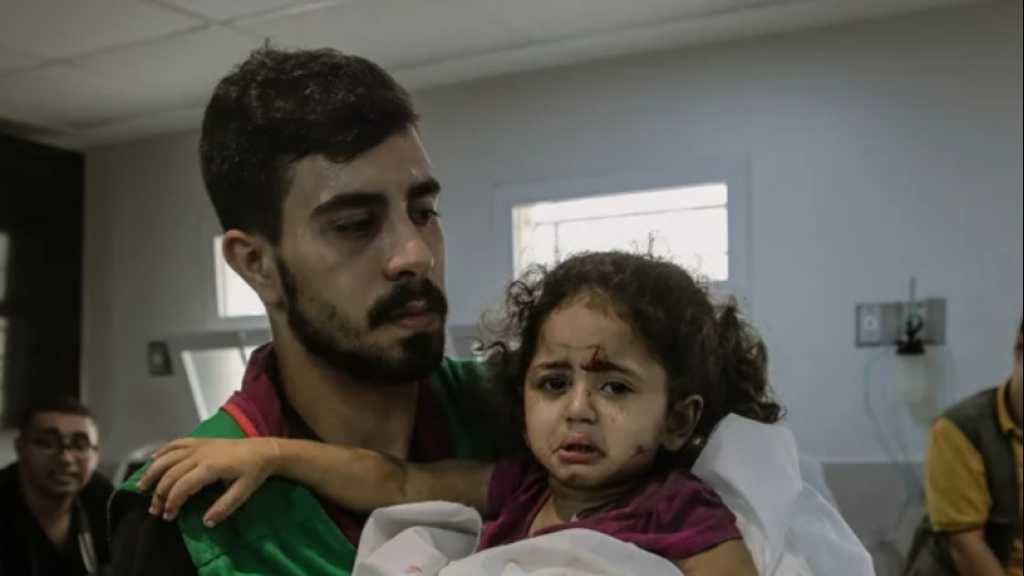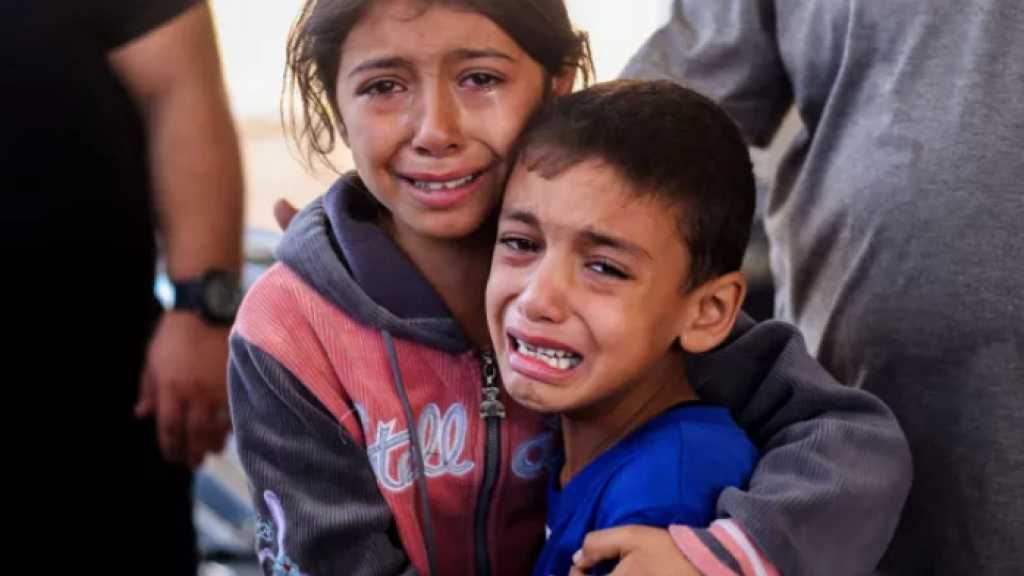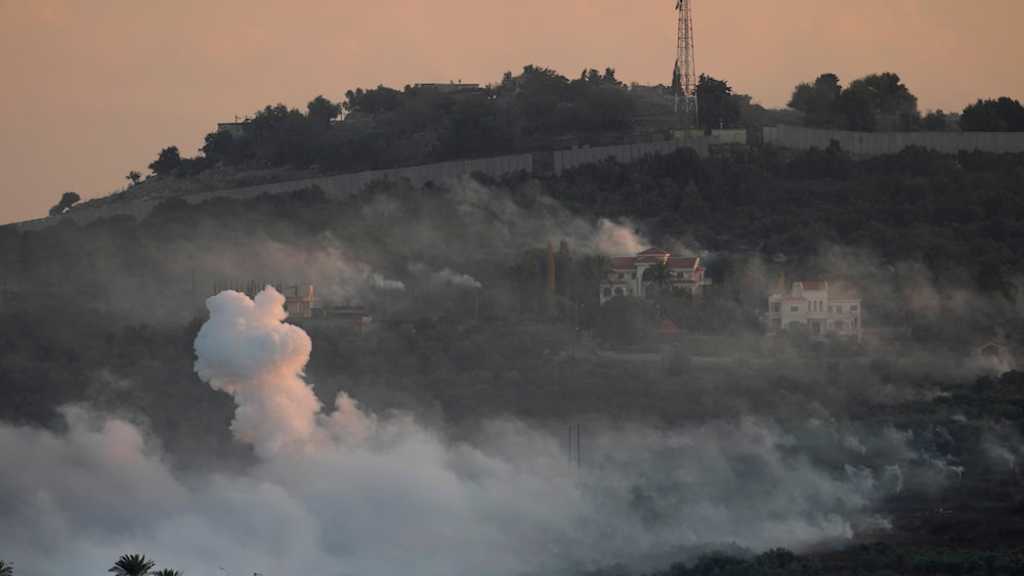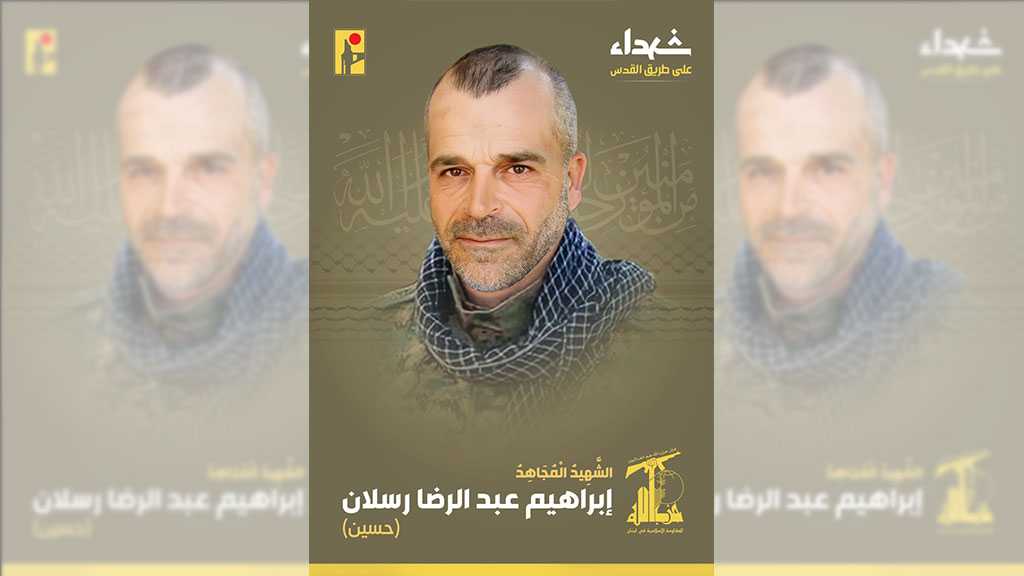
HRW: 14 Saudi Shia at Risk of Imminent Execution
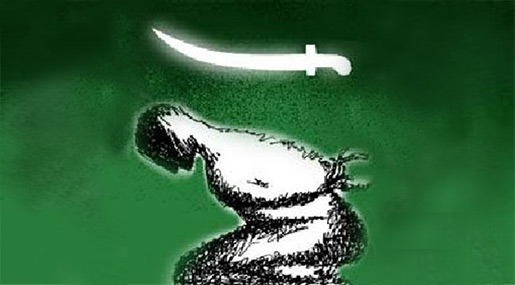
Local Editor
Human Rights Watch said Thursday that fourteen members of the Saudi Shia community are at imminent risk of execution after Saudi Arabia's Supreme Court in mid-July 2017 upheld their death sentences from an unfair trial for protest-related crimes. Courts convicted the 14 based on confessions they had repudiated in court, saying that they were coerced.
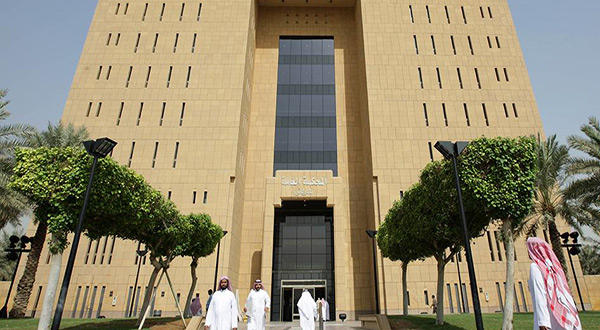
Saudi Arabia's execution rate had accelerated since the country's leadership change on June 21. Since that date, Saudi Arabia had executed 35 people, compared with 39 during the first six months of 2017.
"Saudi Arabia's public relations firms and management consultants have recently sold a reform narrative, but executions have only increased since Saudi Arabia's leadership change, and many more could be on the way," said Sarah Leah Whitson, Middle East director at HRW. "Executions are never the answer to stopping crime, especially when they result from a flawed justice system that ignores torture allegations."
Authorities transferred the 14 Shia men without explanation from Dammam to Riyadh's Ha'ir prison on July 15, and had held some of them in solitary confinement and without contact with the outside world since then, family members told HRW.
The 14 were among the defendants in a mass trial known as the "Qatif 24" case, as all defendants were from that Shia-majority area. The Specialized Criminal Court convicted all of them on protest-related crimes. Saudi media had described the 24 men as members of a "terrorism cell" that carried out over 50 attacks targeting security forces that killed "a number" of them and injured dozens.
The court convicted nearly all defendants based on confessions they later repudiated in court, saying the authorities had tortured them. The Specialized Criminal Court sentenced 14 to death in June 2016, and an appeals court upheld the verdict in May 2017. The court sentenced 9 others to prison terms between 3 and 15 years, and exonerated one defendant.
The Justice Ministry defended judicial authorities' handling of the case in a Saudi Press Agency statement on August 4, saying that the sentence was reviewed and approved by 13 separate judges. But it did not address the allegations that authorities obtained confessions by torture or that judges dismissed these allegations without investigating them.
The 14 men include Mujtaba al-Sweikat, whom authorities arrested in August 12, 2012, as he was trying to board a plane for the US to attend Western Michigan University, as well as Munir al-Adam, who Saudi activists said lost hearing in one ear following beatings by interrogators.
Ten trial judgments that the Specialized Criminal Court handed down between 2013 and 2016 against men and children accused of protest-related crimes following popular demonstrations by members of the Shia minority in 2011 and 2012 in Eastern Province towns had been analyzed by HRW.
The rights group found that in nearly all these judgments, defendants had retracted their "confessions," saying they were coerced in circumstances that in some cases amounted to torture, including beatings and prolonged solitary confinement.
The court rejected all torture allegations without investigating the claims. It ignored defendants' requests to demand video footage from the prison that they said would show them being tortured, and to summon interrogators as witnesses to describe how the "confessions" were obtained.
Saudi activists told HRW that in July 2017, authorities also transferred to Riyadh another 15 men sentenced to death as part of an "Iran Spy Trial," and local media reported that an appeals court had upheld their death sentences in July. The verdict now requires approval by the Supreme Court and the king's signature.
Others currently on death row include four Saudis whom courts found guilty of offenses committed when they were children - Ali al-Nimr, Dawoud al-Marhoun, Abdullah al-Zaher, and Abdulkareem Al-Hawaj.
Of the 74 people executed so far in 2017, 52 were Saudi citizens. Among the foreigners executed were 12 Pakistanis who had been convicted on drug smuggling charges.
International standards, including the Arab Charter on Human Rights, ratified by Saudi Arabia, require countries that retain the death penalty to use it only for the "most serious crimes," and in exceptional circumstances. In 2012, the United Nations special rapporteur on extrajudicial, summary, or arbitrary executions stated that in countries that still use the death penalty, it should be limited to cases in which a person intentionally committed murder, not to punish drug-related offenses. Article 37(a) of the Convention on the Rights of the Child prohibits capital punishment for children or child offenders in all cases.
The Death Penalty Worldwide Database, which collects information on executions across the globe, shows that Saudi Arabia has one of the highest execution rates in the world, and applies the death penalty to a range of offenses that do not constitute "most serious crimes," including drug offenses and "sorcery."
Source: HRW, Edited by website team
